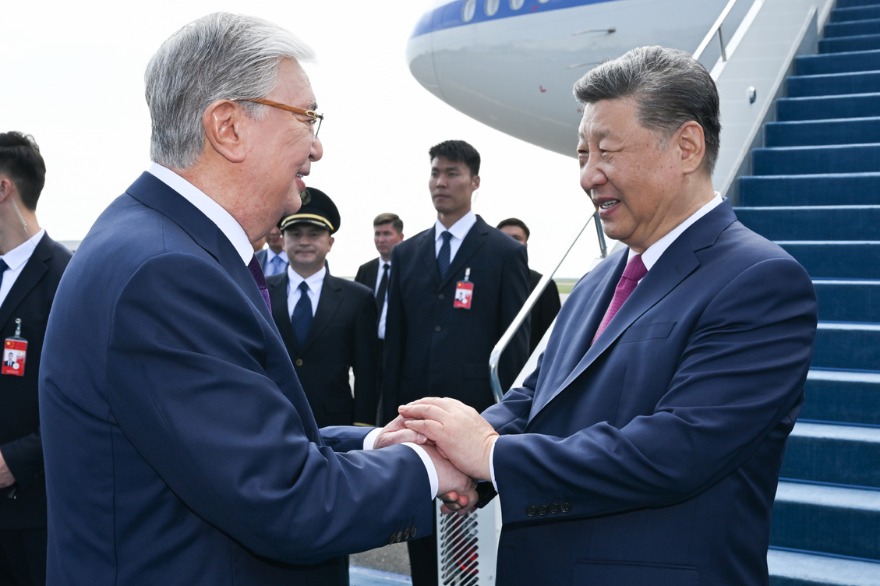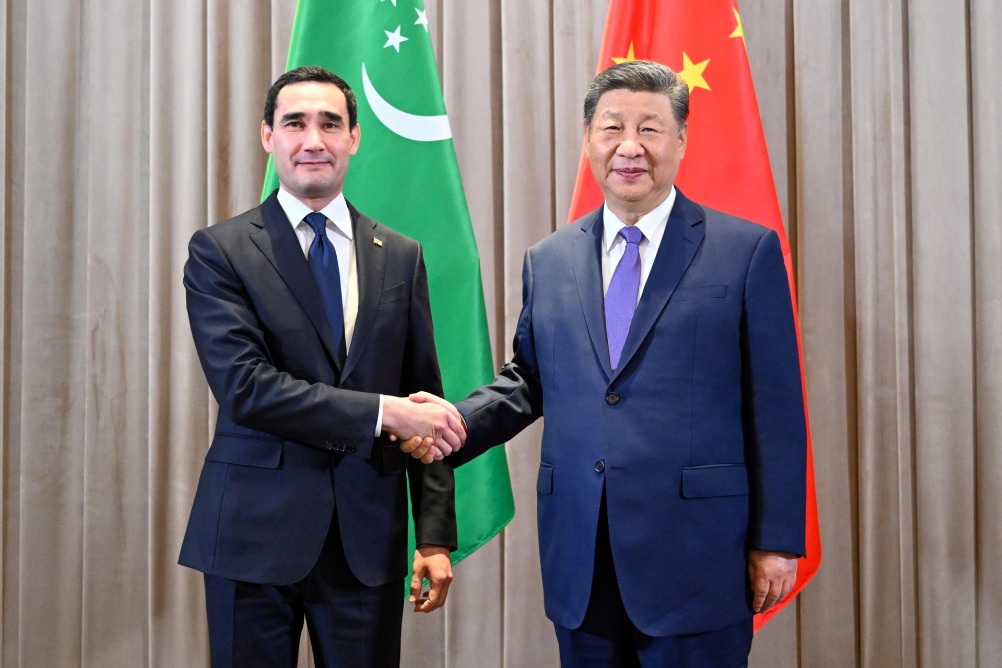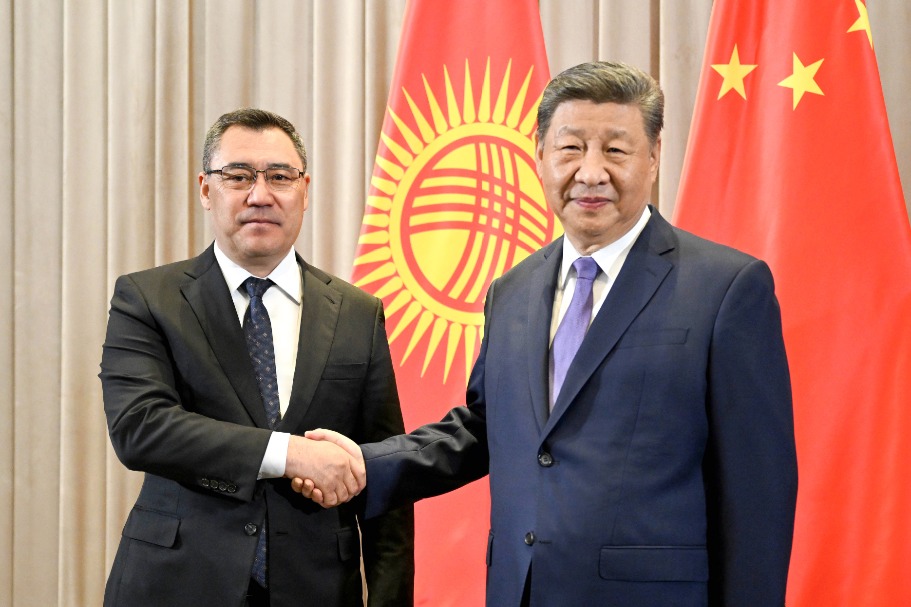Taking on (and correcting) thinking about China

It's a book that takes on conventional thinking - if not biases - held by many Americans about China, and very simply knocks it down.
And it comes at no better time as US President Donald Trump will start his first state visit to China in a few days and misperceptions about China are somewhat rife at the White House as well as in average American households.
Yukon Huang, former World Bank China director, talked about his latest book, Cracking the China Conundrum: Why Conventional Economic Wisdom Is Wrong, last week to an audience at World Bank headquarters in Washington.
Huang, a senior fellow at the Carnegie Endowment for International Peace, said at the book talk on Oct 27 that Trump and his advisers had said that too much of US foreign direct investment is going to China, resulting in job losses and declining competitiveness.

"So, the issue would be too much so that the White House said we left jobs overseas, we left jobs to China; we need to bring them back here," Huang said.
But in fact, only 1.5 percent of US foreign investment goes to China, he said, using a slew of diagrams at the presentation.
"In my book, I explain this by the composition of trade and say if we get the diagnosis wrong, we get the policy recommendations wrong," he said. "It is about how to get more of America's foreign investment to China, rather than worrying about too much is going over to China."
At a panel discussion, "China's 19th Party Congress Outcomes and Analysis", sponsored by the US-China Policy Foundation on Oct 26, Huang said that many average Americans share Trump's sentiment that China is responsible for US trade deficits.
Those deficits were significant in the 1990s and had surged by 2006, and then they started to moderate. China's trade surpluses were essentially nonexistent until 2004 or 2005, then they started to get very big and then they came down, Huang said.
"America's trade balances and China's trade balances move totally in the wrong direction," he said.
In his book, Huang argued that trade balances are the result of multilateral rather than bilateral relationships.
"How could China be responsible for America's trade problems, when in fact, America's trade problems existed long before China even became an export power and their balances moved in opposite directions?" he writes in his book.
False perceptions about trade have driven a false feeling in the US about who is the world's leading economic power, according to Huang.
A decade ago, annual surveys of Americans by Gallup and Pew about who is the world's leading economic power would generate a clear answer: America by far was the leading economic power; only 10 percent said it was China, Huang said at the discussion.
Today, the majority of Americans will say China is the world's leading economic power, while the vast majority of Chinese say America is, Huang said. In the rest of the world, only Europe said the leading economic power was China until last year.
Huang also has a chapter discussing "China's unbalanced growth" in his book. Despite its impressive performance, China's growth process has been criticized for being internally unbalanced, defined by its exceptionally low share of consumption to GDP and comparatively high share of investment to GDP, Huang writes.
The vast majority of China watchers argue that internal rebalancing is needed, and this view has featured prominently in US policy discussions with China, according to Huang.
"Now if our analysis of these problems is wrong, then our recommendations are likely to be wrong," he said.
"If properly understood, China's internal imbalances would be seen not as a risk but as the unavoidable byproduct of a generally successful growth process that reflects rapid urbanization and regional specialization in production."
In explaining why conventional wisdom is "so often wrong", Huang said the issue is not whether one should be positive or negative about China's economy and its political and foreign policy implications, but instead about fitting China into a framework that leads to a better understanding of the reality.
Contact the writer at huanxinzhao@chinadailyusa.com
(China Daily USA 11/01/2017 page2)
Today's Top News
- US can't reverse re-globalization trend
- Chinese citizens moved to safety amid Mideast conflict
- Nation set to further advance financial opening-up
- Xi's speech in Astana wins global acclaim
- Summit enhances regional cooperation
- International community must push for de-escalation in the Middle East































